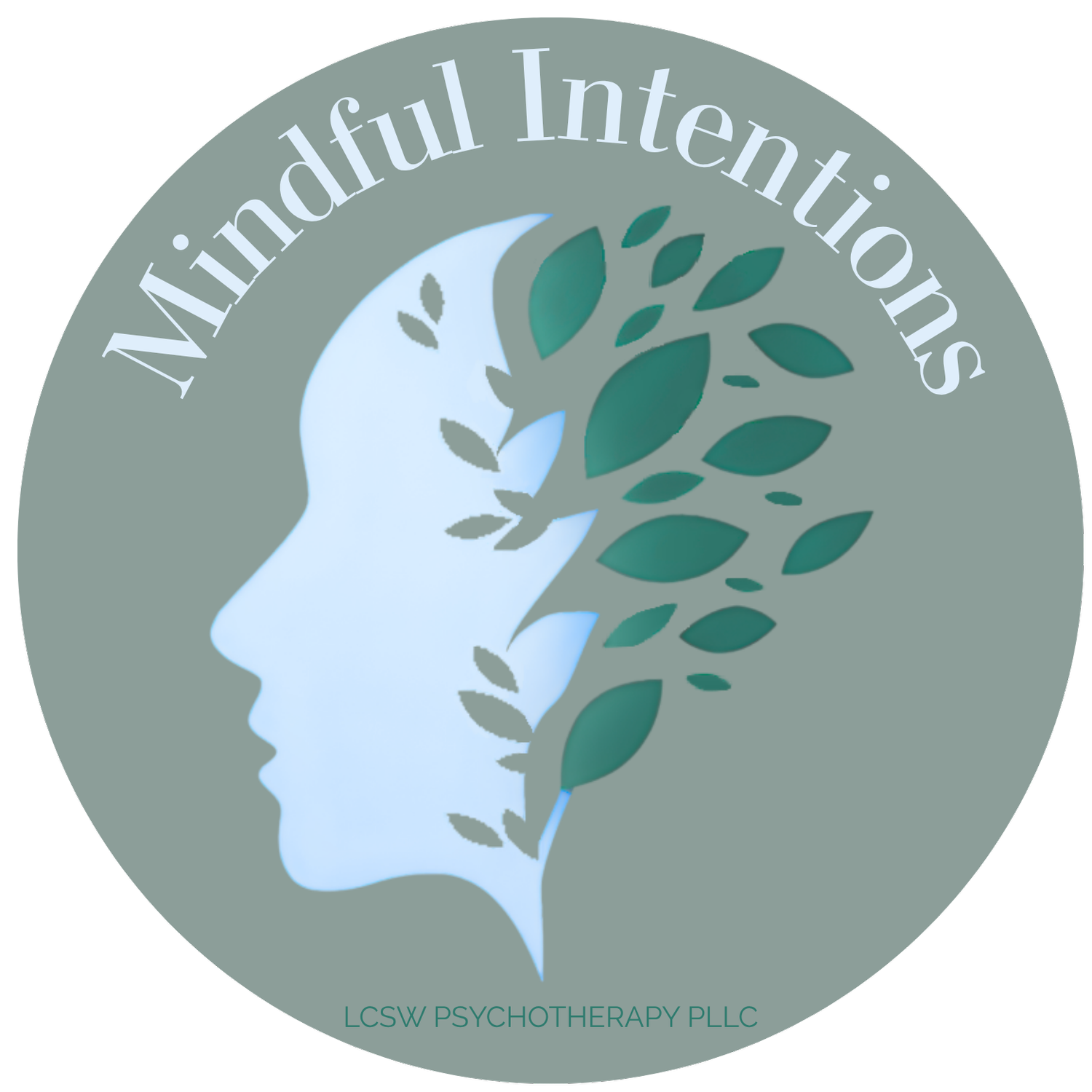Children with ADHD
ADHD—Attention-Deficit/Hyperactivity Disorder—is a brain-based condition that affects how a child manages attention, activity levels, and impulse control. It’s not about being defiant or lazy—it’s about having a nervous system that’s wired for fast thinking, big emotions, and high energy, but with fewer natural brakes. Kids with ADHD are often bright, creative, and sensitive—but they may struggle with focus, following directions, regulating emotions, or sitting still.
As a parent, it can feel confusing and overwhelming—especially when strategies that work for other children don’t seem to help your own. Understanding ADHD isn’t just about managing behavior—it’s about seeing the world through your child’s eyes and learning how to support them with both structure and compassion.
Common Barriers Parents Face in Understanding Their Child’s ADHD Experience:
Misinterpreting symptoms as misbehavior or disrespect
ADHD-related actions—like interrupting, forgetting, or emotional outbursts—can look intentional, when they’re often signs of a child feeling overwhelmed or dysregulated.Internalized blame or guilt
Many parents wonder, “Is this my fault?” or feel shame when others judge their parenting. This can block self-compassion and delay seeking support.Conflicting or outdated advice
Family members, schools, and even healthcare professionals may offer mixed messages—ranging from "he’ll grow out of it" to "she just needs more discipline"—which can leave parents unsure whom to trust.Cultural stigma and pressure
In some communities, mental health and neurodivergence are misunderstood or minimized, which can make it harder to accept a diagnosis or pursue treatment openly.Emotional burnout and stress
Parenting a child with ADHD often means juggling emotional outbursts, daily structure, school issues, and appointments—on top of everyday parenting. This can lead to exhaustion and feeling alone.Unrecognized neurodevelopmental condition in parents
Many adults discover their own ADHD only after their child is diagnosed. This can add a layer of overwhelm and self-reflection that may complicate the parenting journey.Difficulty accessing appropriate support
Long waitlists for evaluations, unsupportive schools, insurance limitations, or language barriers can all make it hard to get the help a child and family need.Grieving the parenting experience they expected
Parents may silently mourn the idea of an “easier” path for their child—or struggle with adjusting their expectations while still wanting the best for them.
In therapy, we work together to move from confusion to clarity—helping you better understand your child’s needs, strengthen your connection, and find sustainable strategies that actually work. When you start to see the difference between what’s won’t and what’s can’t (yet), everything begins to shift.
